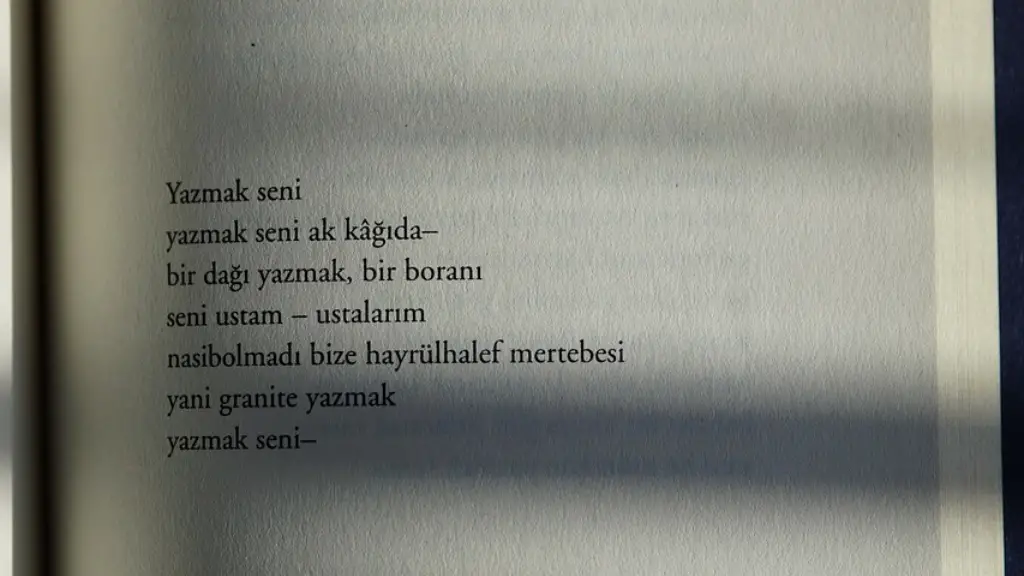Langston Hughes is widely considered to be one of the most influential African-American writers of the 20th century. His writing spoke to the collective experience of African-Americans in their fight for civil rights and social justice. While he wrote extensively on these topics, he also discussed other important themes in his work, such as identity, cultural pride, and the observance of the everyday in the African-American community.
Born in 1902 to an African-American family living in Missouri, Hughes was gifted with a literary talent that was nurtured by his childhood love for reading, writing, and spoken word performances. He spoke openly and frankly about the struggles of African-Americans, and his writing often touched on the subtle national injustices they faced. His works often highlighted the unique individual and collective strength and perseverance of African-Americans in the face of adversity.
Hughes was an important figure in the Harlem Renaissance and often addressed issues of race and injustice, protest, and social justice in his work. His poetry and prose writing drew attention to oppression, poverty, and racism among African-Americans, and explored the power of resistance and religious faith. Hughes also wrote of his experiences and emotions as a black man. He wrote about the African-American experience with a great deal of humor and honesty, helping to bridge the divide between the races.
One of the main topics that Hughes addressed in his writing was the African-American identity. He believed that the African-American identity could not be meaningfully discussed without looking at the past and current experiences of the African-American community. In many of his works, Hughes wrote about the way African-Americans had been oppressed and undervalued within American society. He wrote about the importance of reclaiming and celebrating their cultural identity, and of re-establishing a sense of pride in their collective lives.
Hughes was also interested in the individual stories of African-American life. Throughout his writing, he explored the nuances of everyday African-American life, depicting the hopes and struggles of ordinary African-Americans in vivid detail. While he wrote critically of social injustice and institutional racism as experienced by African-Americans, he was also careful to celebrate the joys, dreams, and aspirations of the African-American community. Through his writing, Hughes sought to uplift and empower African-Americans by illustrating the beauty of the everyday.
Hughes’s writing also reflected a deep-seated belief in the power of art and literature to bring about positive change. Writing in the form of poetry, short stories, novels, plays, and musical theater, Hughes used his words to bring to life the African-American experience. He was a passionate believer in the power of literature to contribute to meaningful social change, and his works have inspired generations of African-American writers, artists, and activists.
Racism and Civil Rights
Hughes wrote extensively about racism and the civil rights movement. Throughout his writing, he was unapologetic in his criticism of racial inequality and injustice in the United States. During the civil rights movement, Hughes used his works to express the depths of African-American suffering and the courage of those who stood up to racism. His works often depicted the struggle of African-Americans to find equality in a society that valued whiteness over blackness.
In particular, Hughes’s protest poetry focused on the fight against racism and oppression. He wrote about the need to confront racism in all its forms, and to create an equitable society where all citizens are afforded the same rights and freedoms. This writing spoke to many people and inspired movements for social change both in the United States and throughout the world.
Religion and Spirituality
Hughes was a devout Christian, and was deeply interested in spirituality and religion. He wrote extensively about the power of faith in his writing, and drew inspiration from his faith in his work. Hughes wrote about the importance of seeking strength and comfort in faith and spirituality, and he often depicted the struggle and power of faith in the face of racial injustice.
The theme of faith and spirituality was particularly prominent in Hughes’s later works, as he sought to impart and encourage faith in his readers. He wrote poetically about the power of prayer in his works and often used religious language to convey his message. He also explored the struggles of faith and the importance of finding a spiritual home in the African-American community.
African-American Music and Culture
Hughes was deeply interested in African-American music and culture, and wrote about its importance throughout his works. While he wrote about the ills of racism and oppression, he was also passionate about celebrating the beauty and power of African-American culture. He wrote not just about the struggles of African-Americans, but also about the joys and pleasures of African-American life.
Hughes often sought to reclaim and celebrate African-American music and culture, writing about jazz, blues, spirituals, and other forms of black music. He sought to bring attention to its importance and its transformative power in African-American life. He also wrote about the power of African-American art and literature, and their potential to move and inspire individuals.
Love and Human Relationships
In addition to racial and social injustice, Hughes was also interested in exploring the nature of human relationships in his work. He wrote about love and human relationships, often conveying profound messages about the power of love and human connection. His writing often touched upon the complexity of human relationships and captured the nuances of love, companionship, and intimacy.
Hughes wrote openly and honestly about the complexities of love and attraction within the African-American community. He explored concepts such as interracial relationships, generational divisions, and the power dynamics that shape relationships. He was also interested in exploring issues such as gender and sexuality, and often used his writings to critique oppressive gender roles in the African-American community.
Political Activism
Hughes was a passionate believer in the power of political activism to bring about meaningful change. Throughout his writing, he sought to inspire and encourage others to take action against social injustice. He wrote of the importance of standing up for civil rights and pursuing meaningful political reform.
He was particularly interested in how art and literature could be used in the pursuit of meaningful political change. He famously wrote of the power of the written word in introducing a new era of social justice, and of the potential for creativity and expression to catalyze meaningful reform.
Hughes believed that political action and social justice could only be achieved through collective engagement. He encouraged his readers to take action, and wrote passionately about the importance of solidarity and collective action in bringing about social change.




